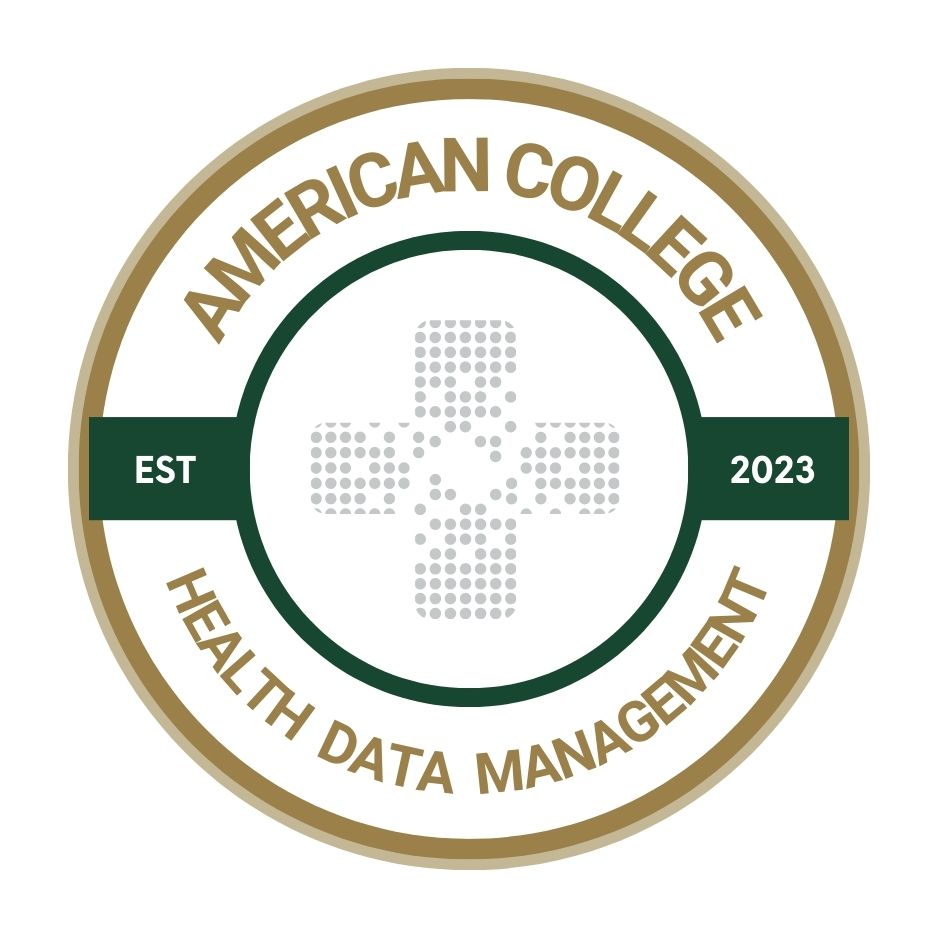Reimagining healthcare cybersecurity: Insights from Gen. Paul Nakasone at HIMSS25
AI is transforming healthcare cybersecurity and risk management. Leaders at HIMSS25 are leveraging AI for security, drug discovery, and operational efficiency in our upcoming article.

At the HIMSS25 Global Conference & Exhibition in Las Vegas, healthcare leaders gathered to explore the evolving landscape of artificial intelligence (AI) and cybersecurity. A highlight of the event was the keynote address by General Paul M. Nakasone, former Director of the National Security Agency (NSA) and U.S. Cyber Command. Drawing from his extensive experience in national defense and cybersecurity, Gen. Nakasone provided a compelling perspective on how the healthcare sector must adapt to the rapid advancements in AI to enhance patient care and protect critical infrastructure.
AI: A catalyst for transformation in healthcare
Gen. Nakasone began by acknowledging the transformative potential of AI in healthcare. He highlighted that AI's capabilities, from generative models to advanced reasoning systems, are revolutionizing how healthcare is delivered, managed, and accessed. These technologies offer unprecedented opportunities to improve efficiency, patient outcomes, and security measures within the sector.
"The emergence of generative artificial intelligence to more recent advancements in reasoning models are making significant improvements in healthcare today," he noted.
Learning from technological disruptions
Drawing parallels to past technological disruptions, Gen. Nakasone referenced the advent of the iPhone as a pivotal moment that reshaped communication and technology. He emphasized that organizations that embraced such disruptive technologies thrived, while those that resisted faced challenges.
"Those that adapted and adopted had an incredible run... those that were avoiders had a much more difficult time," he remarked.
This analogy served as a cautionary tale for the healthcare sector, underscoring the imperative to embrace AI and integrate it thoughtfully into healthcare practices.
The 'Golden Hour' and AI's potential
Gen. Nakasone introduced the military concept of the "golden hour," where prompt medical intervention within the first hour of injury significantly increases survival rates. He proposed that AI could play a crucial role in extending this concept to civilian healthcare by enabling rapid diagnosis and treatment.
"Any place that you are on the battlefield, if you are significantly wounded, you will have care within an hour that will likely save your life," he explained.
By harnessing AI, healthcare providers can enhance their responsiveness and effectiveness, potentially saving more lives.
Adapting, adopting, and advancing AI in healthcare
To fully realize AI's benefits, Gen. Nakasone emphasized a three-pronged approach: adaptation, adoption, and advancement.
- Adaptation: Healthcare organizations must be agile, adjusting their strategies and operations to incorporate AI technologies seamlessly.
- Adoption: Embracing AI tools in essential, but it requires ensuring these tools are accurate, reliable, and integrated into clinical workflows effectively.
- Advancement: Continuous innovation is vital. Healthcare providers should not only implement existing AI solutions but also contribute to the development of new applications that address emerging challenges.
"We need to adapt, we need to adopt, and we need to advance those healthcare providers that can ensure the accuracy, that can streamline the operations and can offer this healthcare to our patients," he asserted.
AI's role in drug discovery and disease detection
One of the most promising applications of AI in healthcare is its ability to accelerate drug discovery and enhance disease detection. Gen. Nakasone highlighted how AI can process vast datasets through machine learning and deep learning, leading to the discovery of new drugs and the improvement of existing treatments.
"We have this idea of how is it able to discover new drugs, the idea of being able to advance over the past two years of taking incredible data sets, machine learning, deep learning and bringing this together for not only new drugs – but predicted improvisations or improvements of old drugs," he observed.
Moreover, AI's capability to assist in early disease detection, such as identifying early signs of breast cancer, can lead to timely interventions and better patient outcomes.
Enhancing risk management and reducing administrative costs
Beyond clinical applications, AI holds the potential to revolutionize administrative aspects of healthcare. By automating routine tasks and analyzing patterns, AI can improve risk management strategies and significantly reduce administrative costs. This allows healthcare professionals to focus more on patient care rather than bureaucratic processes.
"AI can assist in diagnosing diseases... improve risk management and lower administrative costs," Gen. Nakasone noted.
The human-AI collaboration
Addressing concerns about AI replacing human clinicians, Gen. Nakasone emphasized that AI should be viewed as a tool to augment human capabilities, not replace them. The combination of a clinician's expertise with AI's data processing power can lead to more informed decisions and enhanced patient care.
"I do not believe that AI will replace a clinician. But, it can make their work and the efficacy of their care better," he stated.
This perspective encourages a collaborative approach, where technology and human judgment work in tandem to achieve optimal outcomes.
Navigating early stages of AI policy integration
Gen. Nakasone acknowledged that integrating AI into healthcare policies is still in its infancy. He stressed the importance of developing robust frameworks that ensure the ethical and effective use of AI in healthcare settings. Policymakers and healthcare leaders must work together to establish guidelines that protect patient privacy, ensure data security, and promote equitable access to AI's benefits. "On the policy side of integrating AI into healthcare, we are early stages," he commented.
